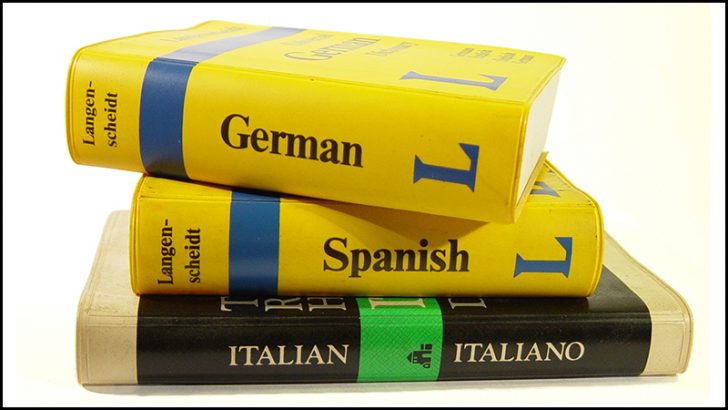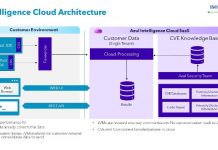
Globalisation of applications is a major challenge for many developers. While users are willing to accept the use of English across a lot of apps, the explosion in mobile devices is changing the market dynamics. According to a survey in 2014 by Common Sense Advisory 75% of users prefer to buy apps in their native language.
The ease with which mobile apps can be created has begun to address that demand with mobile developers across the globe engaged in a war for users. Release an app in one language and a similar app in other languages appears within days. This means that developers need to be able to release their apps in multiple languages.
IBM Globalization Pipeline solves the problem of localisation
Localisation of apps is not an easy process. Large software companies such as IBM, Microsoft and others spend months after an app is ready to ship doing due diligence on patents and localising the app. This means that money is lost due to product waiting to be released to the market. The problem is that translating an app cannot take place until it is complete which starts the delay.
The IBM Globalization Pipeline is available on IBM’s Platform as a Service (PaaS) Bluemix solution. The current version is in beta and can be used by developers today. It uses English as the base language and can be translated into nine additional languages including: French, German, Spanish, Brazilian Portuguese, Italian, Japanese, Simplified Chinese, Traditional Chinese, and Korean.
The Globalization Pipeline is capable of automatically translating all text as part of the development process. This leaves developers free to focus on writing code, debugging their app and ensuring that it is tested and secure. Whenever developers update or release new features, they can run the app through the Globalization Pipeline to ensure that any changes that the user will see are properly translated.
According to the press release the key features of IBM’s Globalization Pipeline service for Bluemix include:
- Machine translation combined with human post-editing capabilities to ensure quality and consistency,
- Support for a variety of app source file formats.
- Integrated machine translation with human post-editing capabilities to ensure consistency. Globalization Pipeline stores the translation in a backend database so that once strings are translated and edited, you don’t need to re-translate unless the source changes.
- A comprehensive set of open source software development kits (SDKs) which enable developers to update translations transparently without having to rebuild or deploy their apps.
The IBM Globalization Pipeline can be found under DevOps in the Bluemix catalogue.
Conclusion
This is a move that will be well received by developers although many will want to have all the translated text checked given the history of automatic translation. This is a particular problem in countries like China, Korea and even Japan where the same word, with slightly different context can mean wildly different things.
Despite that, anything that gets app developers product to market quickly is to be welcomed.


























